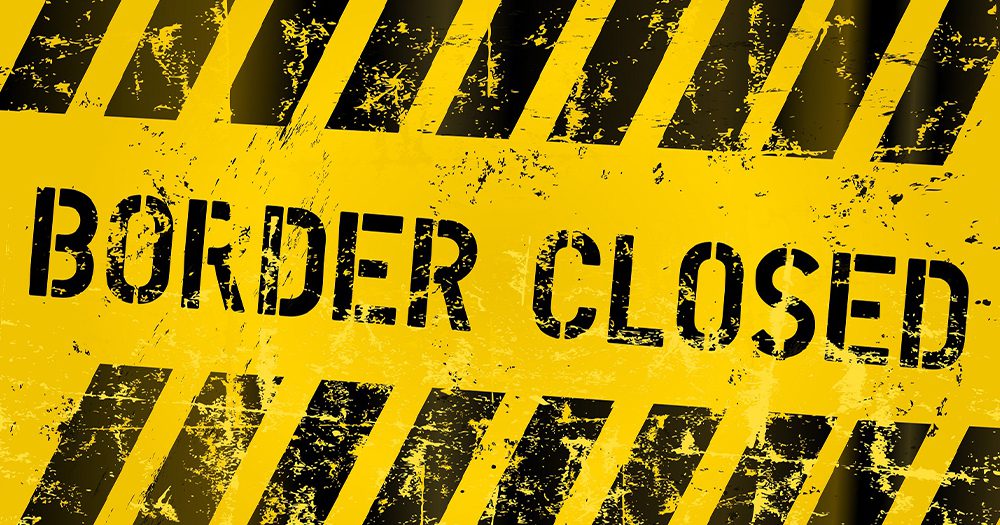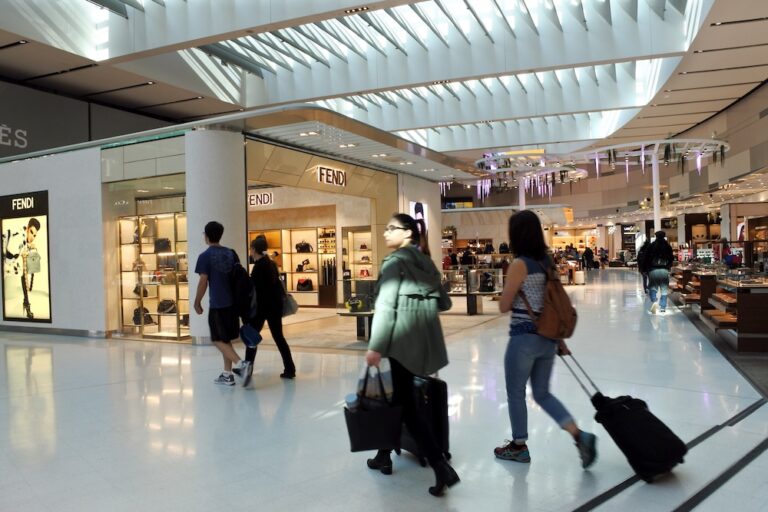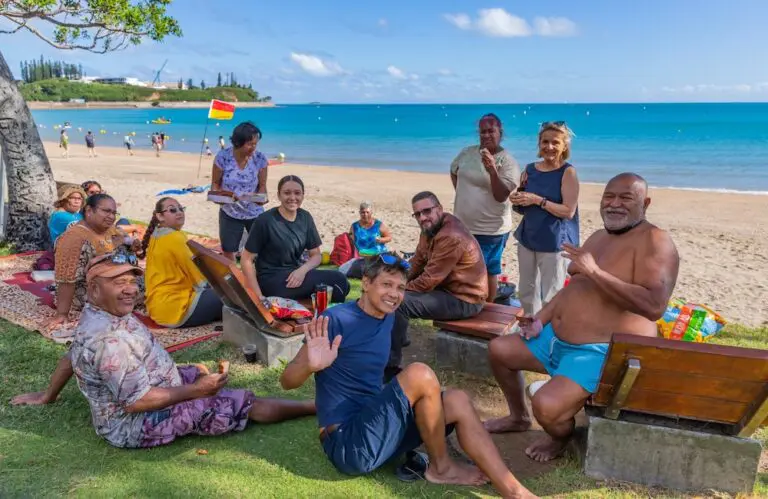New Zealand’s Foreign Affairs Minister and Deputy Prime Minister Winston Peters says the “roadblock of federalism” is undoing plans to create the highly anticipated Trans-Tasman ‘travel bubble’ between Australia and New Zealand.
Speaking on ABC News yesterday, Federal Tourism Minister Simon Birmingham also backed Mr Peters claim that Australia’s state and territory border restrictions are holding up a return to travel between the two countries.
Queensland, Western Australia, South Australia, The Northern Territory and Tasmania’s borders all remain closed to Australians with some enforcing quarantine and self-quarantine restrictions while other states remain closed altogether.
READ: Domestic Travel Post COVID-19: Your Essential Guide to Australia Reopening
Citing jobs and business closure as a key concern, Senator Birmingham said that the longer states kept their borders closed, the more “pain” their economies, businesses and jobs faced.
Mr Birmingham agreed with Mr Peters saying that once Australia’s “systems are ready” the Trans-Tasman bubble will be possible and travel to New Zealand will open up, regardless of which states’ borders are open or closed.
“Let’s not restrain the movement between our two countries based on the slowest state in Australia.”
Simon Birmingham, Federal Tourism Minister
Earlier this week, New Zealand declared itself virus-free, moving to level 1 restrictions and removing all COVID-19 rules except the reopening of its international borders.
READ: Virus Free New Zealand: Jacinda Arderns Happy Dance Goes Viral
At this stage, the Trans-Tasman travel bubble between Australia and New Zealand has been proposed to begin in September.
Other Pacific nations including Fiji, Vanuatu and New Caledonia are also hedging on a similar timeframe to resume business and leisure travel.
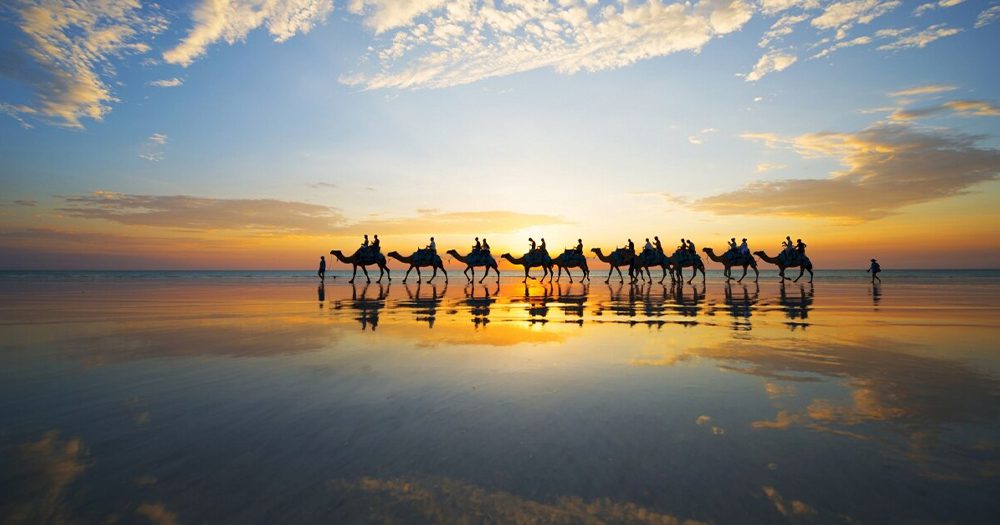
Meanwhile, economic research commissioned by the Australian Tourism Industry Council (ATIC) shows continued hard State and Territory border closures are now costing the nation 702 jobs a day with a per 24-hour hit to the country’s GDP of $84 million.
Analysis by Lucid Economics shows the disturbing jobs and financial snapshot that the continued closure of borders by the majority of States and Territories is having.
The Lucid Economics research reveals the Gross Economic Value of existing closed State and Territory borders of four states (Qld, WA, SA, Tas) and the Northern Territory to interstate travellers, including domestic tourists, was $84 million per day.
This is the equivalent to 702 jobs Australia-wide – or over 4900 each week – that would have been supported by normalised interstate travel and people movements.
ATIC Executive Director Simon Westaway said the continued hard border controls in place that have greatly restricted the free flow of domestic travel across Australia was also now stymying attempts to re-boot domestic tourism and travel more broadly as other restrictions ease.
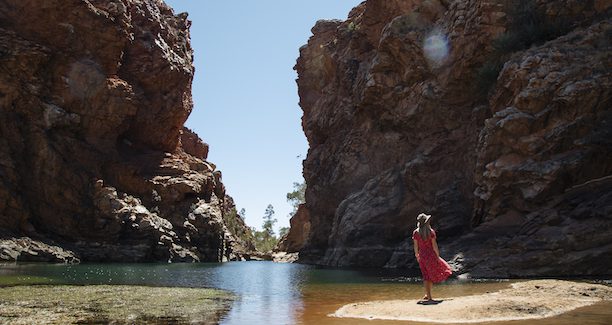
“There is no substitute for existing lost interstate travel and tourism across Australia from recent times. But the human and financial cost of not re-opening our borders soon is now very stark and continues to escalate day by day,”
Simon Westaway, ATIC Executive Director
“The retention of closed internal borders is destroying jobs for our critical tourism and visitor economy, but the collective cost is also being felt Australia-wide. On these figures, the nation has 4900 fewer pay packets each week and is collectively out of pocket by $590 million.
“Our tourism industry has been in lock step with the public-health led response to successfully tackling the COVID-19 pandemic. ATIC is calling time on removing internal border restrictions and seeks a return to fully open interstate travel arrangements across Australia by July.”
Mr Westaway also pointed to major tourism aligned businesses like the Qantas Group which had indicated that a full re-opening of our internal borders would enable more flights sooner and a faster return of its previous national route network.

